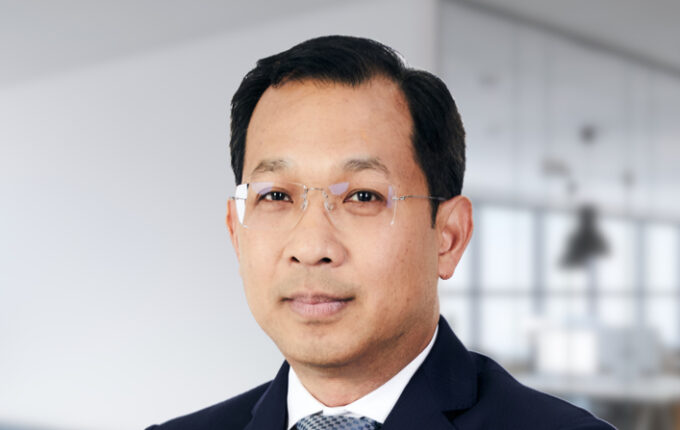An increased focus on overseas equites and human rights, particularly in the Thai fishing industry, has helped Thailand’s second largest pension fund to deliver strong returns while better managing risk, Dan Purves writes.
Register to Access this Exclusive [i3] Insights Article
Create a free account to access exclusive interviews with asset owners, revealing insights on investment strategies, market trends, and portfolio allocations.
If you already have an account you can Login .
If you have any issues registering an account please send us an email at [email protected].

